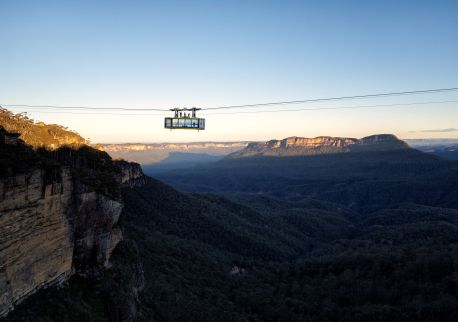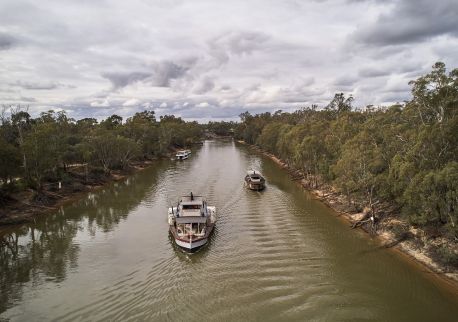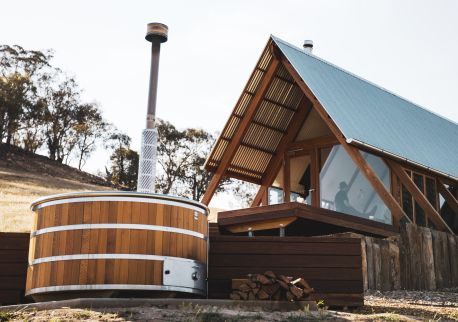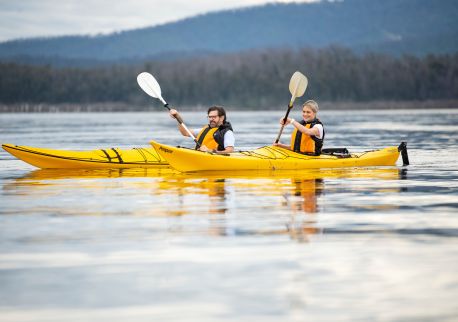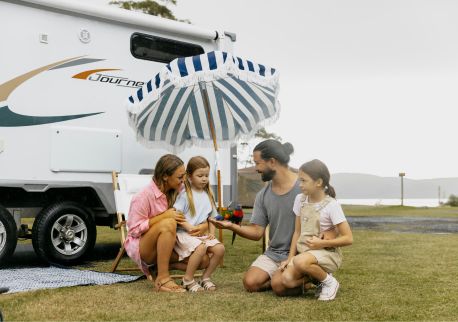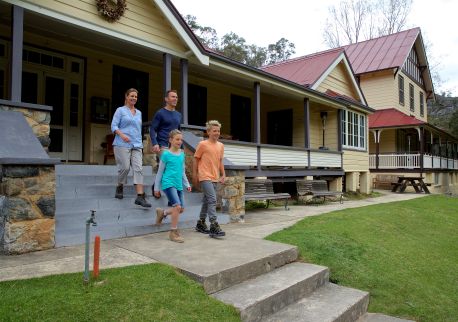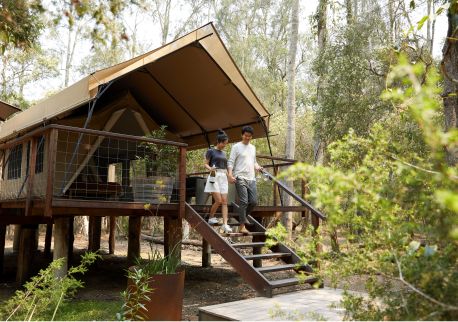Rich River Golf Club
Overview
Rich River Golf Club is nestled in the picturesque Murray River Region of Echuca Moama, just over two hours north of Melbourne.
Surrounded by stunning fairways and luscious greens, the club offers a comfortable 63-room motel complex with a range of dining options. The bistro is open seven days a week, including breakfast from 6am, making it the perfect spot to start your day, whilst the Café Lounge offers light refreshments. The Club boasts a sports bar, takeaway liquor, TAB and Keno, private function rooms, and free live entertainment each weekend to enjoy during your stay.
Golf enthusiasts can take on the 36-hole championship golf course, recently host to the 2023 NSW Open, or fine-tune their skills at the 16-bay undercover driving range, offering an efficient and affordable way to practice. The state-of-the-art golf simulator provides a next-level experience with the world’s most advanced golf technology.
For a more relaxed round, visitors of all ages can enjoy mini golf, an 18-hole course designed for fun with family and friends.
Guests can make use of the four EV charging points and a caravan access area, making it easy for travellers to stop, unwind, and take in the scenic course views and abundant local wildlife.

